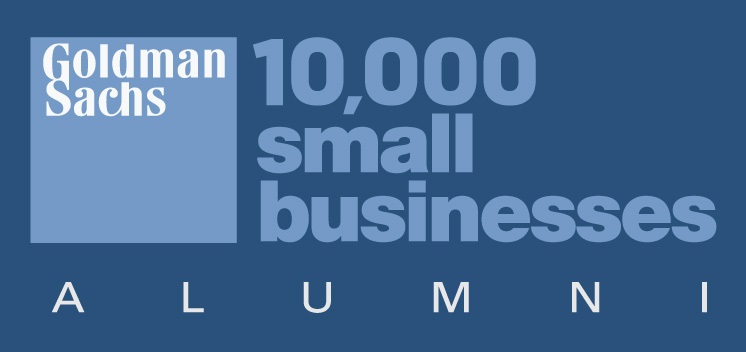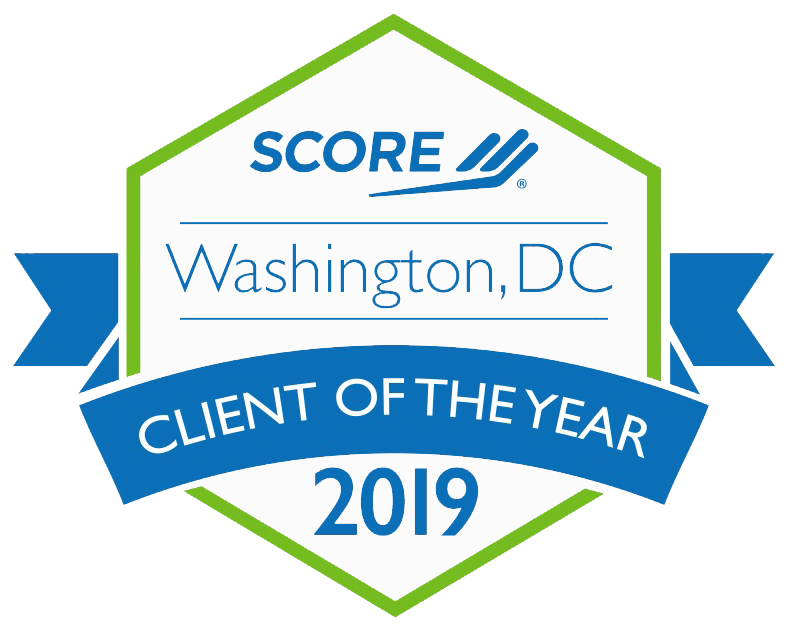Lately I have received multiple requests to support organizations with post-award support. While the specifics differ between organizations, the general story is the same. An organization experiences a substantive uptick in the number of grant awards received, or are the recipient of one or more large grant awards (generally federally funded). While this support speaks to the strength of the organization able to receive such funding, now they have to come t o terms with what I refer to as “Post Award Blues.” While most nonprofits spend their time obtaining those precious grant funds, they are less focused on how the receipt of these funds will impact the organization. Due to the crucial importance of this topic, I am dedicating several blog posts on grants management related issues. This post is the first post of the series, and will focus on reporting.
o terms with what I refer to as “Post Award Blues.” While most nonprofits spend their time obtaining those precious grant funds, they are less focused on how the receipt of these funds will impact the organization. Due to the crucial importance of this topic, I am dedicating several blog posts on grants management related issues. This post is the first post of the series, and will focus on reporting.
What do you need to know about reporting? Well, let’s think about this scenario. If you lend someone $2,500, you would want to know a few things: 1) How did he/she spend the money?; 2) When will you be repaid?; and 3) Will he/she need additional money? The same is true for funders. In general, reporting on grant funding varies depending on the funder, size of award, and complexity of the grant. In addition, you are generally required to provide programmatic and/or financial reports. Federal agencies generally require structured reports (usually require use of OMB forms) on at least an annual basis, and quarterly financial reports. However, private, corporate, and family foundations may not require financial reports at all, and just expect programmatic status updates.
In order to avoid any problems, just think about these tips:
- Plan Ahead: Do not wait until the last minute. Use some kind of grants management tool or spreadsheet to track upcoming reporting deadlines.
- Think of CQI: Reporting should be part of the Continuous Quality Improvement (CQI) of your organization. Therefore, you should be continually capturing data and information on the grant award as part of the organization’s focus on maintaining high quality programs, irrespective of the award.
- Bad Reporting = Less Chance of Renewal: The more robust and detailed your reports, the more the funders will feel that they are getting a return on their investment.
Remember that you want to be a good steward of grant funding, and reporting is the story that you share with the funder to showcase that they made a good investment by supporting your program, project, or organization.





